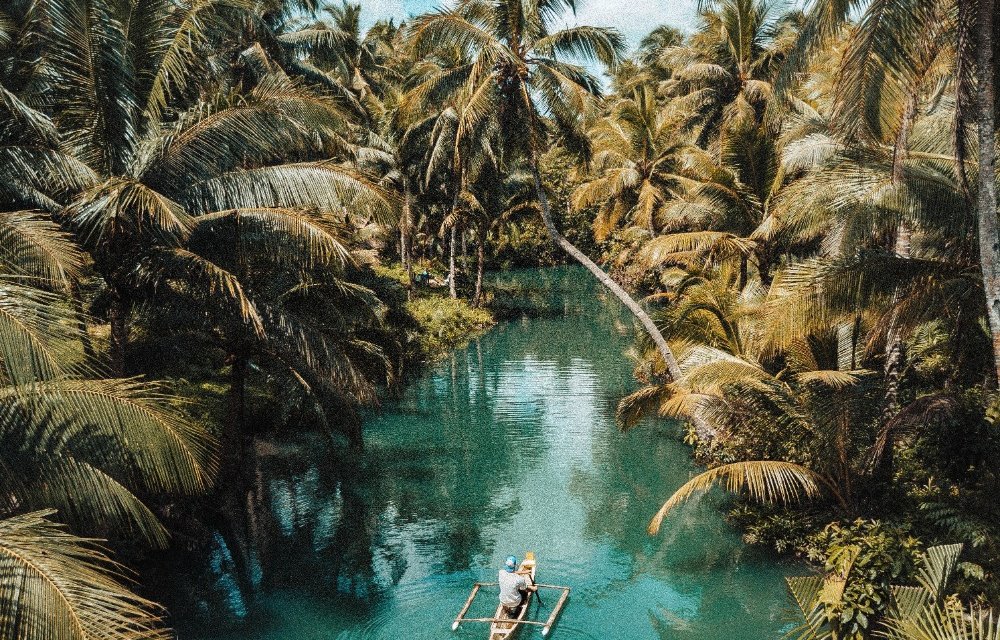

The environmental guilt of indulgent luxury travel choices is a growing concern for many modern travelers. As the desire for luxury experiences grows, so does the awareness of their potential environmental impact. This article explores the complexities of this issue, examines the different facets of environmentally damaging luxury travel, and provides practical solutions for travelers seeking a more sustainable approach to their journeys. The structure of this article will delve into the different aspects of indulgent luxury travel and their environmental costs, providing solutions that balance luxury and sustainability. We will begin by outlining the specific types of luxury travel that most contribute to the environmental impact. Further subsections will discuss sustainable alternatives, ethical considerations and responsible travel practices, culminating in a comprehensive guide to making more sustainable luxury travel choices.
Understanding the Scope of the Problem
Luxury Travel and Environmental Impact
Luxury travel often involves high-impact activities that can severely strain environmental resources. This can include air travel, particularly business class or private jet travel, which generates substantial carbon emissions. Luxury cruises, notorious for their high water and air pollution, also contribute to the problem. Luxury hotels, often situated in sensitive ecosystems, can exert enormous pressures on local environments, through their consumption of water, energy, and waste generation. The desire for indulgence often translates to heightened consumption of resources and a higher overall carbon footprint compared to more budget-friendly travel options. Luxury travel can unintentionally harm ecosystems through overconsumption and waste production. The impacts of luxury travel should not be underestimated and warrant careful attention.
Sustainable Alternatives for Luxury Travelers
Eco-Lodges and Responsible Tourism
Sustainable luxury travel is achievable through choosing eco-lodges or tour operators that prioritize sustainable practices. These establishments are committed to environmental protection and often use renewable energy sources, conserve water, and practice responsible waste management. By working with local communities, they create more balanced tourist experiences and support the preservation of unique natural environments. For example, consider lodges and tours in national parks, focusing on respecting natural beauty and supporting conservation efforts. Researching eco-certified lodges and tour operators can ensure travelers support sustainable tourism initiatives, and contribute directly to environmental protection.
Ethical Considerations in Luxury Travel
Minimizing Impact Through Responsible Practices
Beyond choosing sustainable accommodations, ethical considerations play a vital role in mitigating the environmental guilt of indulgent luxury travel choices. Travelers should look at minimizing their carbon footprint during their trips. This involves weighing the environmental impact of different transportation options, from high-speed trains to private jets, and making choices that align with sustainable practices. For instance, using alternative forms of transportation, like high-speed trains for shorter trips or electric vehicles, is a way to substantially reduce carbon footprints.
Balancing Luxury with Sustainability
The key lies in carefully considering what truly adds value to a trip. Overindulgence in luxury doesn’t necessarily correlate with a more satisfying experience. Travelers should instead focus on authentic experiences that connect with local cultures and minimize their impact on the environment. Examples could include volunteer tourism, where travelers contribute to local conservation projects, or locally sourced food experiences that support sustainable farming practices.
Case Studies and Examples
Examples of Luxury Travel Initiatives
Several luxury travel companies have proactively embraced sustainable practices. Consider companies that offer carbon offsetting programs, which allow travelers to neutralize their carbon footprint by investing in renewable energy projects. Some high-end hotels use renewable energy sources, minimizing their environmental impact. Also, look for businesses that prioritize biodiversity conservation and local community engagement through their operations. These eco-conscious luxury establishments and businesses are a good model for other companies and a clear way for travelers to minimize their environmental guilt.
Conclusion of sustainable luxury travel
Measuring the Environmental Impact of Luxury Travel
Luxury travel, despite its inherent high resource consumption, can become more sustainable. Travelers must be mindful of the environmental impact of each choice, including flights, accommodations, activities, and even food choices. By researching travel providers and practices before booking, travelers can avoid options that cause significant damage to the environment.
Responsible Travel Planning
Choosing Sustainable Accommodations
Choosing eco-lodges and hotels with rigorous environmental policies is crucial. Look for certifications from organizations that promote sustainable tourism. Support businesses that prioritize eco-friendly practices in their operations. Consider hotels or accommodations that emphasize water conservation, waste reduction, and renewable energy. Support locally owned businesses and hotels and choose restaurants that use locally sourced and sustainable ingredients.
Responsible Travel Planning
Choosing Transportation Options
Choosing transportation that minimizes environmental impact should be a consideration for travelers. Consider utilizing public transport and trains for shorter distances. If air travel is necessary, look for airlines that have sustainable practices. Explore options for carbon offsetting during air travel to neutralize the carbon emissions. Consider electric vehicles or ride-sharing alternatives where available. These decisions can help reduce the carbon footprint of travel.
Responsible Travel Planning
Avoiding High-Impact Activities
Avoid activities that cause undue environmental harm, such as deep-sea diving in fragile coral reefs or trips to sensitive ecosystems. Choose activities that support local conservation efforts, such as wildlife viewing that benefits local conservation or sustainable fishing tours. Prioritize experiences that showcase local cultures and heritage rather than those that focus on mass tourism.
Responsible Travel Planning
Supporting Local Communities
Support local economies by patronizing locally-owned businesses and restaurants. Buying souvenirs from local craftspeople supports their livelihood. Choose experiences that directly benefit local communities, supporting their development and preservation of cultural heritage. Travelers can create more impactful and sustainable experiences by incorporating local culture and community into their trips. Avoiding exploitative or unsustainable tourism practices is vital for ethical travel.
Frequently Asked Questions
What are some specific examples of environmentally damaging luxury travel choices?
Luxury cruises often generate substantial amounts of pollution, and air travel, especially business-class flights, contribute significantly to carbon emissions. High-impact hotels, sometimes in fragile ecosystems, can also have considerable negative consequences. Overconsumption of local resources and waste generation are also problematic.
What can individuals do to minimize their environmental guilt during luxury travel?
Prioritize responsible tour operators and eco-lodges that prioritize sustainability. Opt for carbon offsetting programs or choose more sustainable modes of transportation, including trains or electric vehicles where available. Support local communities by shopping at local markets and eating at locally owned restaurants. Reduce consumption of high-impact goods, and package waste carefully or use reusable products.
How can the tourism industry become more sustainable?
The travel industry can adopt sustainable practices, like investing in renewable energy sources, reducing water use, and promoting responsible waste management. Partnering with local communities and supporting environmentally friendly initiatives is crucial. Providing education and resources for travelers about sustainable travel options is also an important step.
In conclusion, the environmental guilt associated with indulgent luxury travel choices is a significant issue for conscious travelers. By understanding the impact of our travel decisions and adopting sustainable practices, we can mitigate our ecological footprint and enjoy our adventures with a lighter conscience. To take the next step, research responsible tourism organizations, consider carbon offsetting, and prioritize experiences that minimize environmental harm. Let’s strive for a future where luxury travel blends seamlessly with environmental responsibility.